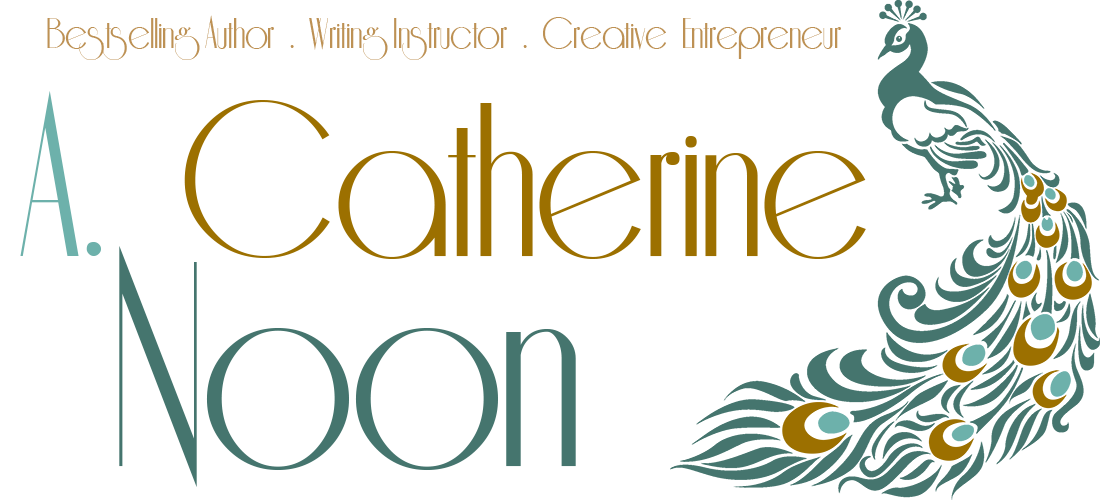Sunday Box Talk – The Purpose of Education
What’s the purpose of education? Nowadays, increasingly, it’s to get a job. It’s more about technical training than it is about educating the mind. And yet, with the proliferation of smartphones, always-on internet connectivity, and ever expanding inflow of information sources, we need the benefits that a good education bring more than ever before.
In classical terms, to be educated meant that one knew how to think. The discipline of thinking wasn’t just something one did; it required work, application, and skill. We’ve forgotten this skill, and that’s a bad thing. It used to be that an educated person would read certain pieces, in common with other educated people, and then engage in discussion about the ideas on those pieces. While the “canon” has been attacked as being male, white, and patriarchal, the ideas contained in it are as valuable now as they were fifty or a hundred years ago. There’s nothing wrong with studying the classical canon, and then adding to it all the rich heritage of minority and women’s voices.
One thing lacking in today’s environment is the ability to hold a competing idea in one’s head long enough to understand the other person’s point of view. We’ve lost the art of discourse. It used to be that one could listen to another person’s thoughts, digest them, and then either disagree or agree once one was certain one understood them. In fact, Mortimer J. Adler argues that one cannot truly agree nor disagree until and unless one has fully comprehended what the other has had to say.
Something else I’ve noticed is that we don’t have gatekeepers for incoming information anymore. It comes at us with the velocity of a fire hose, all the time. If we’re away from our computer, it comes to our smartphone. If it doesn’t come there, it’s on the television at the gas pump, (how offensive is that?). When my grandfather was alive, you would get a large newspaper on Sundays and the day was spent relaxing and reading – long – articles. Now, news is delivered in soundbytes, and the average length of articles is 300 to 500 words – a blip when compared to articles from even just fifteen years ago.
So What Do We Do To Educate Ourselves?
There are many tools available to us. Some of them are modern, and related to the internet. Some of them are old-school, and related to how we control incoming information.
- Read. A lot. Whether it’s ebooks, traditional books, or Bartleby.
- Turn off the inflow. Try it for one day a week – don’t go on the internet, social media, or your smartphone. See what the real world has to offer you.
- Write. Journal and get in touch with your own thoughts.
- Read about other smart people. A couple awesome biographies are by Benjamin Franklin and Montaigne’s essays.
- Throw a party and talk about smart stuff. Why not revive the Victorian tradition of the salon? Have cocktails, snacks, and talk about the great ideas.



I have many things I want to learn: languages — Polish, Serbian and Latin. Photoshop, graphic design. More about using Windows 8.1 . . . or should I just switch to 10 and learn that? Weaving sounds interesting. Need to learn more about writing. Building a website. But my short term memory is not cooperating. Arrrggghhh!
I would stay current with Windows, so learn 10. In doing so, you\’ll learn about 8.1. What do you want to learn it for? Yourself or an employer? That may color what you do.
For technology, windows, websites, Photoshop and graphic design, I like VTC a lot. They\’re affordable and the videos are easy to learn from. http://www.vtc.com/
Languages are a tougher nut to crack. I\’ve done the library language tapes thing, but nothing beats a good class and lots of practice. Luckily, there are lots of places to practice Polish here. 🙂
Writing is a lot about practice. There are also workshops, online and in person, that can help a lot. I\’m doing the one next month on writing m/m romance, for example. Romance Divas is starting up the mentor bootcamp, and even if you\’re not a mentee, you can learn a ton from lurking the threads.
Hope that helps! Thanks for stopping by!
I want to learn more recent versions of Windows because I am still running Windows XP on my desktop, which is what I mainly use. Jumping to Windows 8.1 on my laptop catapulted me into alien territory and I was lost. VTC looks interestiing.
My main problem is that I sign up for too many things and then end up forgetting some of the things i signed up for! Adult ADD I think. 🙂
Beautifully put. There\’s one other detail about the electronic medium I\’ve noticed, which put a student at a disadvantage. It\’s not as tactile. You\’re not handling a book, flipping through its pages, which engages another sense in the learning process. I\’m having a much harder time remembering what I have, what books I own, as well as the details about those books, with a Kindle. Which is why I sometimes pause, grab a notebook, and jot down a quote I like. Yes, there are electronic ways of marking that quote, but if I jot it down, I\’m more likely to remember it.
Your retention electronically is under 27%, so yeah. You\’re right. Pedagogically, it doesn\’t work, but economically, it does. That\’s one of the reasons I insist my students use notebooks, because I know it helps retention.
Another trick is to tell or teach what you learned to someone else. Review it on Goodreads, blog about it, talk about it with friends, host a book club. That\’ll make the ideas more active. 🙂
I did that in business school; I\’d print out my textbooks. That way, I could carry them and underline or highlight them. It really seemed to help, even if I felt like a luddite. 😛
I know what you mean about Kindle. I\’ve got so many books on there and just keep adding more. As for actual books, they are building up, too. I don\’t take enough time to read. Too much computer time. Way too much!